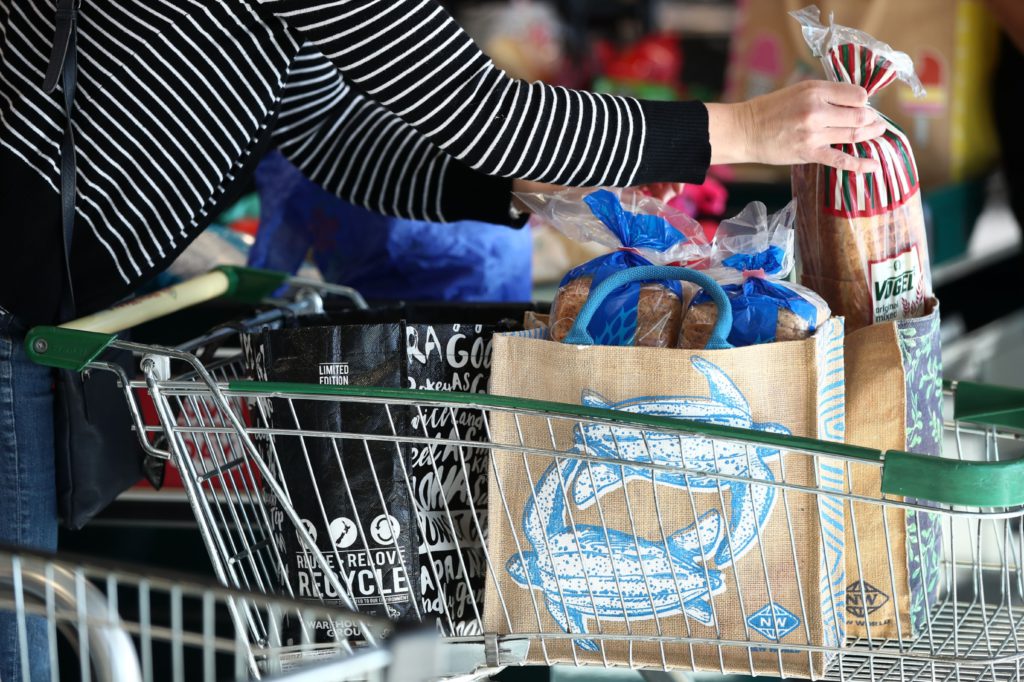(Bloomberg) — New Zealand food prices rose the most in more than 10 years in 2021, adding to risks that the central bank will need to do more to contain inflation expectations.
The food price index rose 4.5% in December from a year earlier, Statistics New Zealand said Thursday in Wellington.
That’s up from 4% in November and the biggest annual increase since September 2011.
Food makes up about a fifth of the overall consumers price index and, because it is so regularly purchased by households, has a big influence on inflation expectations.
In November, Reserve Bank Assistant Governor Christian Hawkesby told Bloomberg that inflation expectations “are going to be absolutely key for us” and could make the bank raise interest rates at a faster pace.
The RBNZ began tightening policy in the fourth quarter and expects to lift the official cash rate to 2.5% by the second half of 2023 from its current level of 0.75%.
Inflation is projected to peak near 6%, twice the top of the central bank’s 1-3% target range.
Statistics New Zealand publishes the fourth-quarter CPI on Jan. 27.
Global Food Prices Face Upward Pressure as Oil Rally Keeps Going
Food prices are rising globally amid strong demand and supply chain disruptions.
Weather can also affect supply and drive up the cost of fresh produce.
Today’s report showed fresh vegetable prices surged 15% in 2021, including a 99% spike in the cost of tomatoes, while grocery food prices were led higher by more expensive milk, eggs and yogurt, the statistics agency said.











